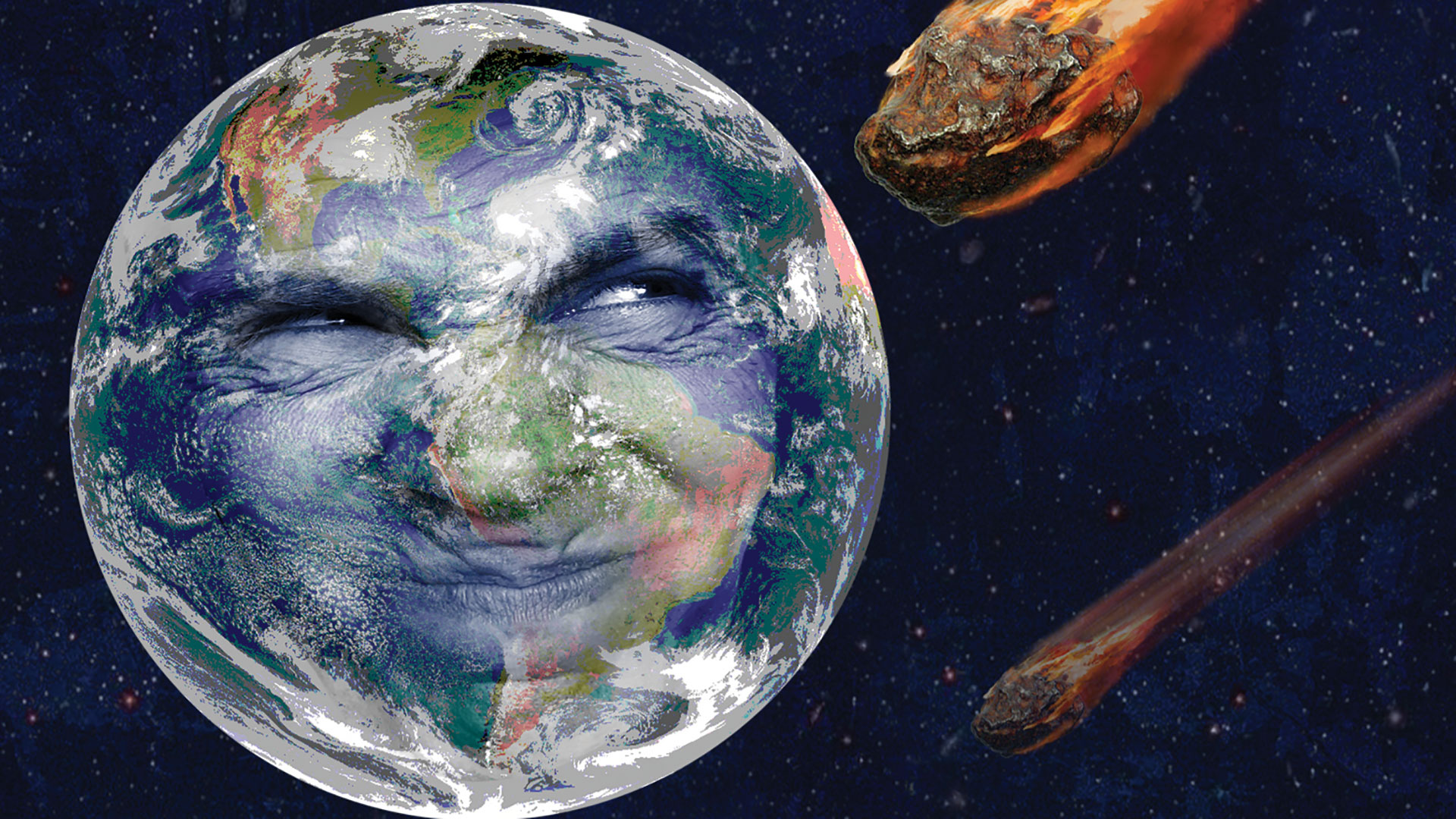How it was told
Climate change and on-Earth matters are dominating the headlines – but in some corners of the internet eyes have turned to the world-ending threat lurking in space.
If you’ve seen classic Bruce Willis film Armageddon, you’ll be well aware of the threat they pose but recent stories have warned of the world-ending impact that the space rocks could have in real life.
The Express website’s coverage on the subject has been intensive. Take the warning: “Asteroid terror: Nasa told Earth will ‘100 per cent be hit’ by killer space rock by expert” or the inevitability of the news in the headline: “Asteroid panic: We’re sitting ducks! Experts warn of apocalyptic asteroid strike”.
The headline: “Asteroid warning: Universe is trying to ‘KILL US OFF’ – warning” also came from the Express, while another story also “Asteroid panic: ‘Most devastating natural disaster known to man!’ Shock Nasa warning”. And those stories were over just a couple of days last week.
Other outlets have also covered the asteroid threat, for example, The Daily Mirror’s “Nasa preparing for ‘God of Chaos’ asteroid due to whizz past Earth in 10 years”. Metro, The Sun and The Independent also reported the story.
But is it “100 per cent” that the planet will be hit by an asteroid and is it likely to have world-ending consequences?










